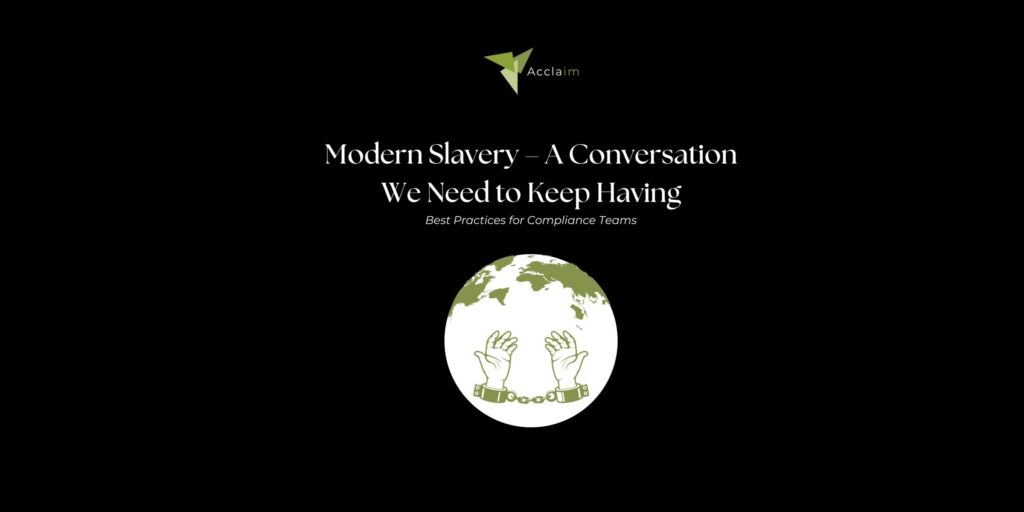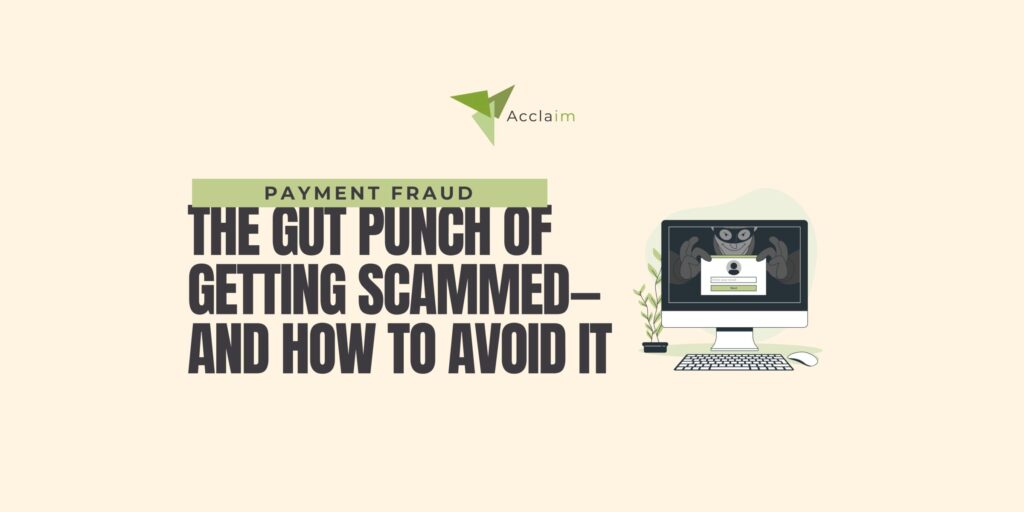
Company News
Modern Slavery: Best Practices for Compliance Teams
Modern slavery is a global issue that persists—even in smaller jurisdictions where it may not be expected. Operating within informal economies, it creates reputational and compliance risks for businesses.
Over the past year, awareness has increased significantly within the professional community. This is largely due to initiatives led by industry experts like Maria Bridson. These efforts emphasize the urgent need for businesses to take proactive steps to prevent modern slavery in their supply chains.
Moving Beyond Awareness: Taking Meaningful Action
Addressing modern slavery requires more than just raising awareness—it calls for real, measurable action. Many corporations make strong ethical commitments, yet without proper due diligence, these claims often lack credibility.
Compliance professionals must ask:
✔️ Are suppliers meeting fair labour standards?
✔️ Have third-party audits been conducted to verify conditions?
✔️ Is there sufficient oversight of subcontractors in high-risk regions?
A recent BBC investigation on fast fashion revealed the harsh realities of exploitative labour practices. Businesses sourcing from high-risk regions, including China and India, must implement strong due diligence measures to prevent unethical practices.
The Compliance & Regulatory Risks
Modern slavery is not just an ethical issue—it also presents legal and reputational risks. Legislation such as the UK Modern Slavery Act and growing stakeholder scrutiny demand that companies take concrete steps to eliminate forced labour from their supply chains.
What Compliance Teams Can Do
✅ Conduct regular risk assessments across supply chains
✅ Include fair labour standards clauses in supplier contracts
✅ Monitor suppliers closely and act quickly on any red flags
Ethical Business is Smart Business
Integrating ethical labour practices into risk management strategies benefits both business sustainability and corporate responsibility. Preventing modern slavery is not only a legal and moral obligation—it is a critical business risk that companies cannot afford to ignore.
Share This Article





